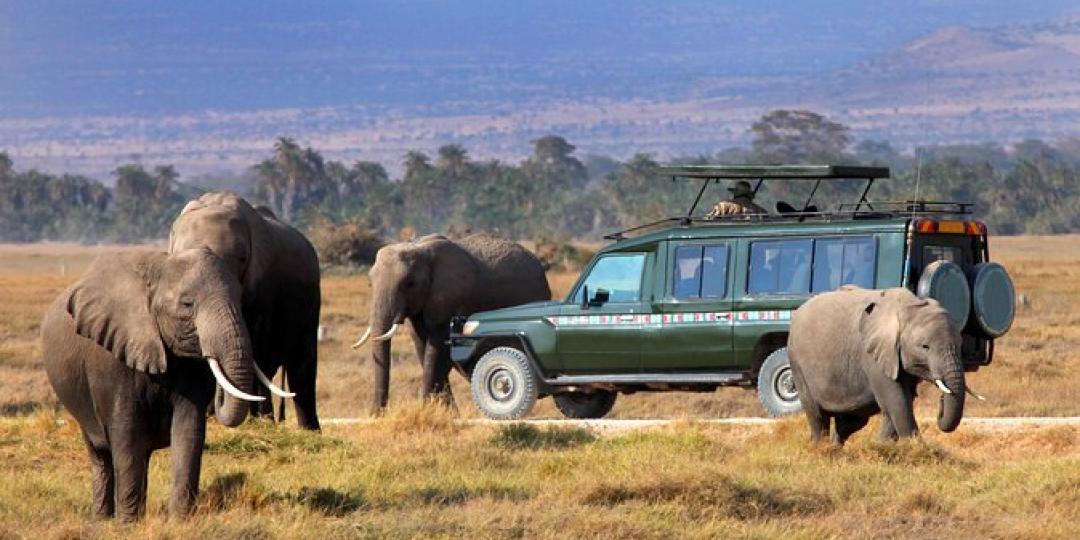Kenya is open to tourists and has put numerous measures and protocols in place – referred to as the Kenya New Normal – to ensure the safety of visitors.
“Our doors are very much open and we can’t wait to welcome people back to the destination,” said London-based Sarah Jackson, Director, Travel Trade Marketing, at PC Agency, representing the Kenya Tourism Board in the UK and Ireland. She was speaking during a recent ATTA webinar to provide an update on the destination.
She explained the country was opening up again, restrictions and curfews were lifting and that everyone was welcome back to reconnect with nature and see all the changes that had taken place, such as a boom in baby elephants being born, with rhino and giraffe populations also having increased in numbers. The vast plains of the Mara – one of the great pulls of Africa – were lush and green; now was definitely a good time to travel, she said.
She added that sporting activities had resumed, guided by regulations issued by the Ministries of Health and Sports. “There are no travel restrictions within the destination other than adherence to the protocols.”
Some protocols included staggering the number of visitors in specific attraction sites to prevent overcrowding; technologies for payments and e-menus; and the maximum capacity for vehicles not exceeding 70% occupancy.
“Kenya has had lower pandemic levels than many countries across Africa and the world, largely due to the full implementation of the protocols. The entire adult population (26m Kenyans) are set to receive the COVID-19 jab – 10m by the end of 2021 and 26m in 2022, thanks to the government’s accelerated vaccination plan.”
She said all passengers coming to Kenya were required to produce a valid COVID-19 negative PCR test certificate conducted within 96 hours before travel. “All children below the age of five years will be exempt from the test to enter Kenya,” she added.
“Kenya does not require COVID-19 testing before departure, however all passengers departing Kenya must ensure they know and abide by the testing requirements at the destination and/or transit points.”
All travellers must fill in the travellers’ locator form and submit it before travel and thereafter submit daily health information to the Jitenge platform for 14 consecutive days. This form is now paperless.
Jackson said to apply for an e-visa before entering the country, travel planners should access the forms via www.magicalkenya.com, which also included links to the passenger locator form.
In terms of infrastructure developments, the Nairobi Expressway project from the airport was set to be completed by February 2022, six months ahead of schedule, she advised. The newly opened Port of Lamu was expected to catapult Kenyan coast tourism business.
In terms of airlines, she confirmed that Jambojet had commenced operations to Lamu, its fourth coastal destination after Mombasa, Malindi and Ukunda; and that British Airways had resumed its Nairobi-London schedule. KLM was launching direct flights from Amsterdam to Mombasa this month (November).
UPDATE: Since this webinar was recorded, Kenya’s Ministry of Health announced that Europeans will have to provide proof of vaccination in addition to a negative PCR test for entry from December 21.
In addition, access to authorities, hotels or national parks will only be granted to people who have been vaccinated (proof is required).























